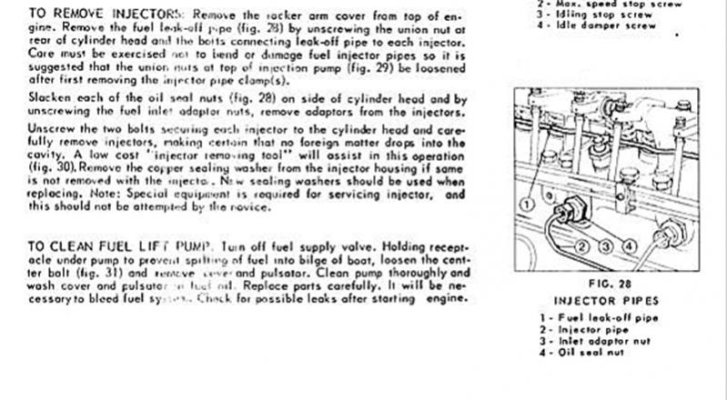Dave, that does not mean that it shouldn't be done at the recommended intervals. It only means that it wasn't part of the seminar. There's only so much that can be done in a seminar in the allotted time. Please, folks, don't take my word for it, call Brian at American Diesel. If anyone does so, kindly report back. Or, don't do the heads and risk warpage. The fact is I consulted with Brian in person at his place of business in Kilmarnock, VA when picking up a new pair of exhaust elbows. He specifically mentioned head warpage. By the way, retorquing the heads is not difficult. You will already have the valve cover off to adjust the valves so it's just a simple matter of backing off each head bolt and tightening to spec using a good torque wrench. Takes maybe one half hour. Just follow the sequence in the manual.


